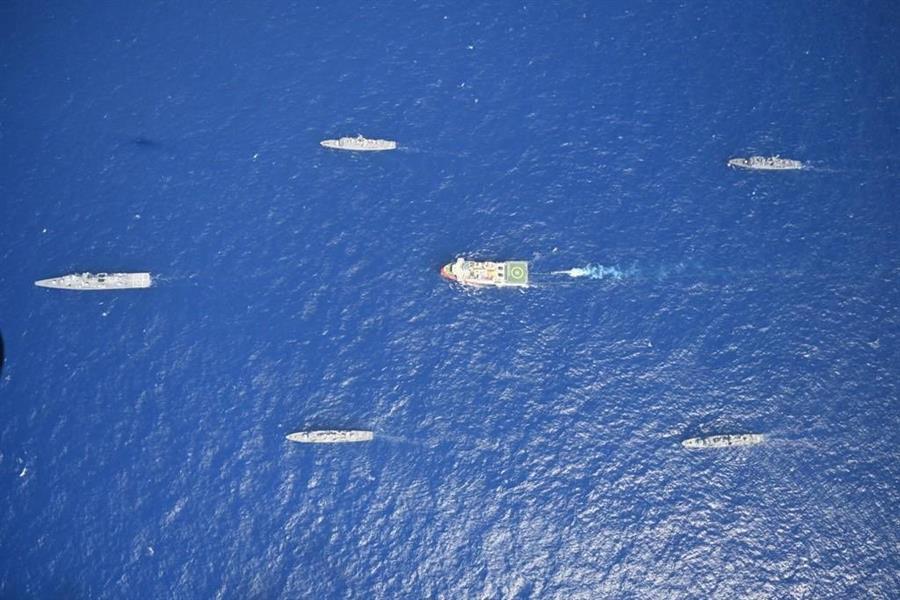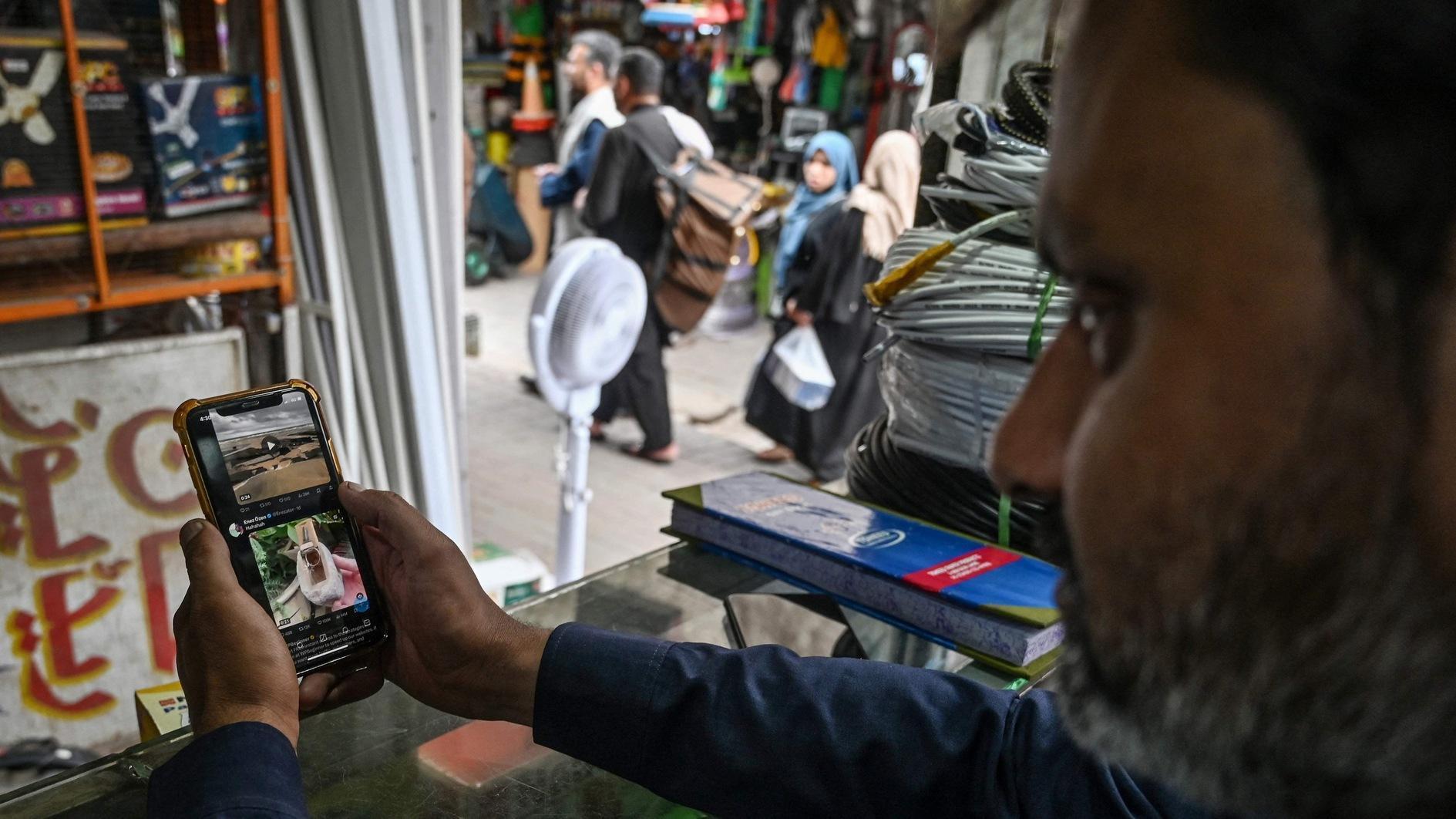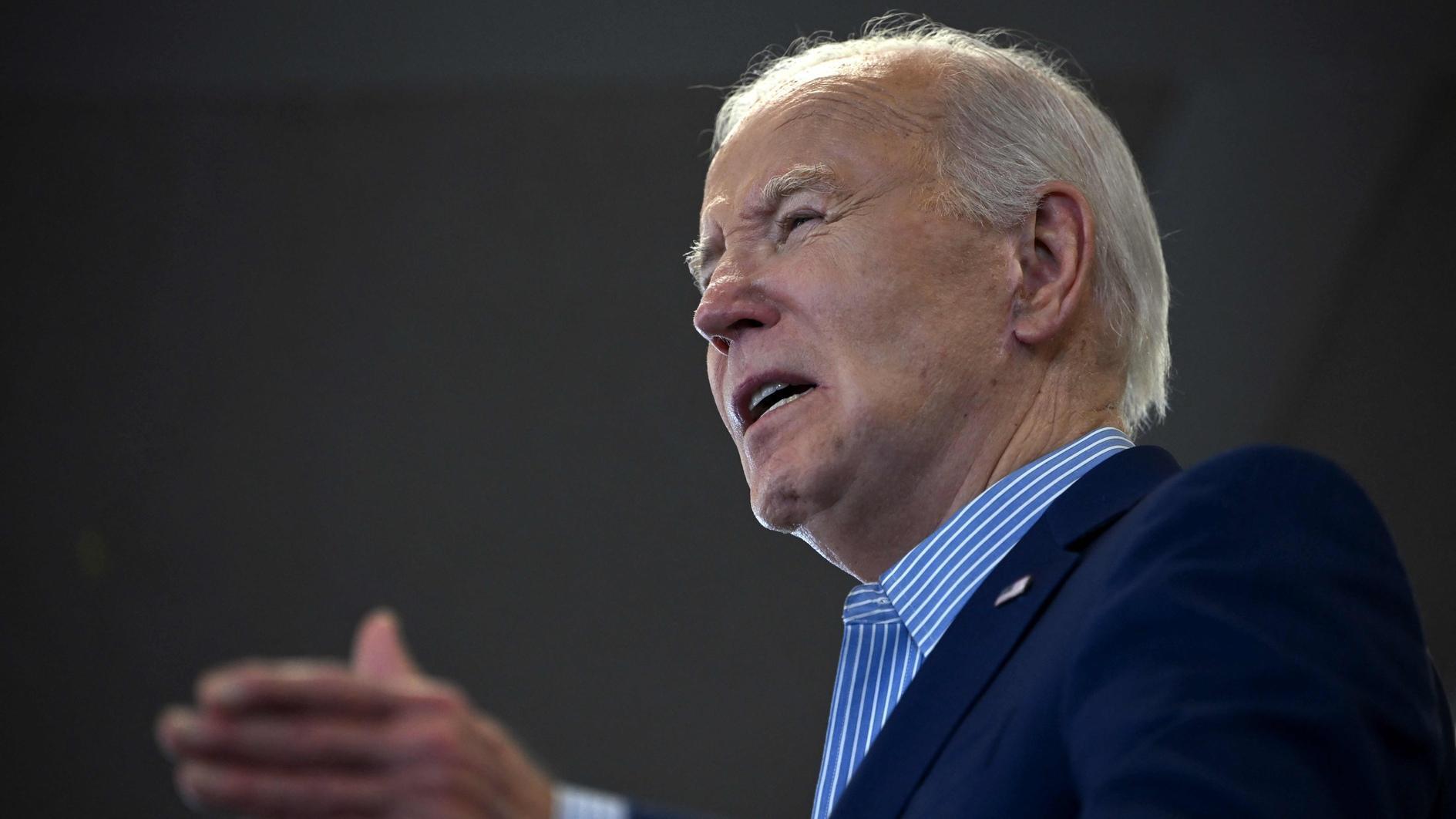Turkey wants to resolve problems with Greece through dialogue: Minister
ANKARA

Turkish Defense Minister Hulusi Akar on Aug. 12 said that Turkey wants to resolve the dispute in the eastern Mediterranean with Greece through dialogue.
“Despite all this, we want to believe that common sense will prevail. Both on the field and at the table, we side with international law, good neighbourliness and dialogue,” Akar told Reuters.
“We want to reach political solutions through peaceful means in line with international laws.”
Akar said Turkey would continue to defend its “rights, ties and interests” in coastal waters. “It should be known that our seas are our blue homeland. Every drop is valuable,” he said.
Meanwhile, Turkish seismic research vessel Oruç Reis started its survey activities in the eastern Mediterranean, the country’s energy minister said on Aug. 12.
“Step by step, Oruç Reis is taking the x-ray of our seas in the Mediterranean,” Energy Minister Fatih Dönmez said on Twitter.
Dönmez also conveyed that Oruç Reis lowered 1,750 kilometers of seismic cables into the Mediterranean for a two-dimensional seismic survey until Aug. 23.
“May your path be clear, and your energy high,” Dönmez said.
Turkey and Greece have been at odds for some time over the boundaries of their respective continental shelves.
Ankara issued NAVTEX in the eastern Mediterranean on Aug. 10 for a seismic survey by the research vessels Oruç Reis, Ataman, and Cengiz Han through Aug. 10-23.
The move came after Greece signed a maritime delimitation agreement with Egypt last week. Previously Turkey decided to suspend drilling in the region as a gesture of goodwill for the ongoing negotiations between Athens and Ankara, which aimed for a solution on differences in the eastern Mediterranean.
The maritime border agreement for the eastern Mediterranean signed by Egypt and Greece is “null and void,” Ankara said last week, warning that it violated the continental shelf of Turkey.
The two countries are at odds over overlapping claims for hydrocarbon resources in the region. Seismic surveys are part of preparatory work for potential hydrocarbon exploration.
A similar advisory, or Navtex, last month caused a row that got pacified after the intervention of German Chancellor
Angela Merkel.
In late July, Turkey announced plans to dispatch research vessel Oruç Reis and two support vessels to carry out operations from Aug. 2 in waters south of the Greek islands of Rhodes, Karpathos, and Kastellorizo.
Turkey’s NAVTEX advisory was for a region that falls 180 kilometers from Greece’s Kastellorizo island.
Extraordinary EU meeting to discuss Belarus, E Med
The EU Foreign Affairs Council will hold an extraordinary meeting on Aug. 14, the EU foreign policy chief announced on Aug. 12.
“We will discuss urgent issues and address the situation in the Eastern Mediterranean, the Belarus presidential elections, as well as developments in Lebanon,” EU foreign policy chief Josep Borrell wrote on Twitter.
Foreign ministers of the member states will meet via video link.
















